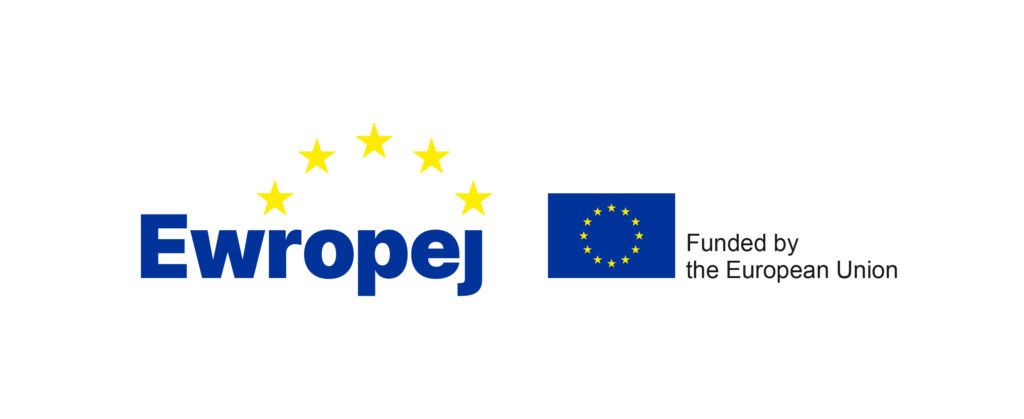Maltese MEPs Back EU Plans To Ban Dangerous And Manipulative Artificial Intelligence

Maltese MEPs Roberta Metsola and Alex Agius Saliba have backed landmark plans by the EU to ban dangerous and manipulative forms of artificial intelligence and regulate potentially risky software.
“Artificial intelligence systems are a force for good in so many areas of our lives, like research, robotics, engineering and more but we need to make sure that they are not abused or manipulated in ways that are inconsistent with our value system,” Metsola told Lovin Malta.
“Clearer guidelines are necessary on what software is detrimental to human beings and society, but I’m totally in favour of a ban on very intrusive operations which can have serious repercussions on democracy,” Agius Saliba said.
Plans by the European Commission to regulate AI were leaked yesterday and are expected to be formally announced on 21st April.

The EU is proposing a ban on facial recognition software - Photo: Pixabay
They call for a total ban on AI which uses facial recognition for surveillance, algorithms that manipulate human behaviour and social credit scoring systems such as the one used in China.
Meanwhile, high-risk AI, including recruitment, crime-predicting, risk assessment and creditworthiness algorithms will have to be regulated.
This means member states would have to ensure human oversight of these systems and appoint assessment bodies to test, certify and inspect them.
AI systems deemed as high-risk will also have to include a ‘kill switch’, which could immediately shut them down if required.
Companies that fail to comply could be fined up to €20 million or 4% of their global turnover.
However, the plans also include exemptions for the use of AI in the military and systems by authorities to “safeguard public security”.
How have Malta’s MEPs reacted?

Roberta Metsola
Metsola said she has high expectations for the EC’s official announcement, stating that while the potential for AI is exciting, regulation is key to combat abuse.
“What I want to see out of this regulation is the ability for our scientists, engineers and companies to harness all the power of AI for good while mitigating the risks,” the PN MEP said.
She backed plans to ban indiscriminate mass surveillance and manipulation of people’s vulnerabilities through AI, and to impose record fines on lawbreakers.
“This is positive and will give public confidence to the systems,” she said.
“At the centre of decision-making must be an ethical framework for the use of AI and ultimate user transparency. I cannot stress this enough.”
“The EU should work to become a global leader in how AI is regulated. The EU has the potential to be at the forefront of the global regulatory challenge that will define how the world develops and implements AI technologies, it must seize the moment.”

Alex Agius Saliba
Agius Saliba said that while it’s essential for the EU to invest a lot more resources to catch up with the likes of the US and Asian countries with regards to AI, it must also introduce certain safeguards.
“AI is totally unregulated so far and we must prepare ourselves for what is coming,” the PL MEP said. “It will keep on evolving and becoming more intrusive so we need a set of rules that respect EU values.”
“I don’t think it will put us at a competitive disadvantage because we must protect our fundamental freedoms.”
Agius Saliba recounted how MEPs recently discussed the potentially serious implications of a European recruitment agency that makes full use of AI to screen job candidates.
“These systems can easily create doubt that recruitment decisions were based on race, gender and political affiliation,” he argued. “We can’t afford to lose all human control.”
He also expressed a degree of scepticism on the European Commission’s proposal to exempt the military from these new rules, warning it could be “quite problematic”.

Editorial note: This article was part of a content series called Ewropej, which is a multi-newsroom initiative part-funded by the European Parliament to bring the work of the EP closer to the citizens of Malta and keep them informed about matters that affect their daily lives. All articles reflect only the author’s views. The European Parliament is not responsible for any use that may be made of the information it contains.